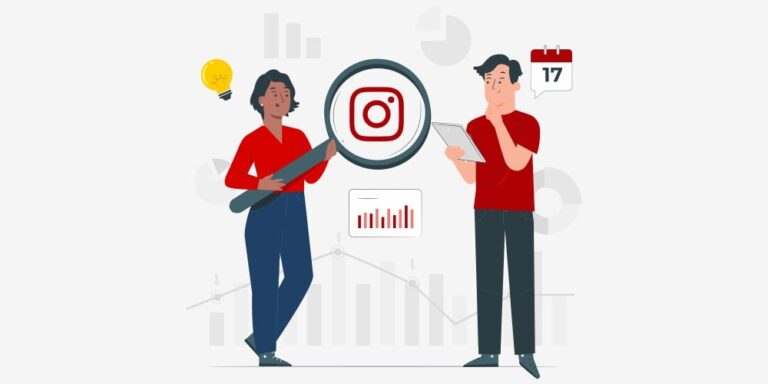Boost eCommerce Sales – Sometimes, it’s not the big overhauls or expensive redesigns that move the needle, it’s the small, oddly specific things. In the world of eCommerce, subtle changes can trigger big results. These tweaks often get overlooked, but when tested, they repeatedly lead to more clicks, longer visits, and better conversions.
If you’re running an online store and wondering why traffic isn’t turning into sales, you might just need to tweak one of these five weird little things.
1. Remove Your Coupon Code Field at Checkout (Or Hide It Behind a Link)
Let’s say you’ve added a coupon field right on the checkout page. Sounds helpful, right?
But here’s the problem: the moment customers see it, many leave the page to “look for a discount.” Then they get distracted, or worse, they find a competitor’s site offering a better deal.
Fix it: Hide the coupon field behind a “Have a code?” link.
If you really want to offer discounts, do it earlier in the journey, like in a banner or cart reminder.
Why it works: Keeps customers focused on completing the purchase, not shopping around again.
2. Show Faces, Not Just Products

You’ve probably seen it too, product pages with nothing but cutout photos and generic descriptions. Clean, yes. Compelling? Not really.
Studies show that including real people using, wearing, or holding the product improves trust, reduces bounce, and increases sales.
How to apply it:
- Use lifestyle photos in your galleries, not just white-background shots
- Show close-ups of hands, expressions, reactions, emotion works
- For clothing or accessories, use diverse models
Why it works: People trust people. We’re wired to respond to faces, not objects.
3. Give Your Buttons Better Labels Than “Buy Now”
Call-to-action buttons are often an afterthought. But changing “Buy Now” to something slightly more specific or emotional can make a surprising difference.
Try alternatives like:
- “Add to My Cart”
- “Yes, I Want This”
- “Get Yours Today”
- “Start My Order”
Also, make sure buttons are big enough to tap easily on mobile and use a contrasting color.
Why it works: Specific, friendly copy removes friction and feels less robotic.
4. Make It Feel Like There’s Movement (Even If There Isn’t)
This one’s more psychological. When a site feels active, it feels more trustworthy. That doesn’t mean flashing animations or annoying pop-ups, but subtle motion creates a sense of life.
Examples that work:
- Micro-interactions (like button hover effects or loading progress bars)
- Showing how many people are viewing the product
- “Someone in Calgary just bought this” (if you’re using tools like Fomo)
Why it works: Movement suggests other people are around—adding urgency, energy, and legitimacy.
5. Let Customers Filter by What Matters to Them (Not What You Think)

You might categorize your products by collection or price, but are those really how your customers shop?
Try offering filters like:
- “Best gifts under $50”
- “Made in Canada”
- “Vegan / cruelty-free”
- “Staff picks” or “Most reordered”
You’re not just helping users find stuff, you’re guiding them through a decision-making mindset that feels less overwhelming.
Why it works: Choice fatigue is real. Smart filters reduce it and increase purchase intent.
Boost eCommerce Sales with Maple Web Design
The big wins in eCommerce often come from small, thoughtful decisions, most of which have nothing to do with flashy design or expensive tools.
Before launching your next campaign or redesign, take a moment to review the “tiny” details: buttons, photos, copy, filters, fields. Because sometimes, what feels like a 1% change is actually what gets you across the finish line.
If you’re running an online store and not seeing the results you hoped for, we can help you rethink how your site converts, starting with the simple stuff.






